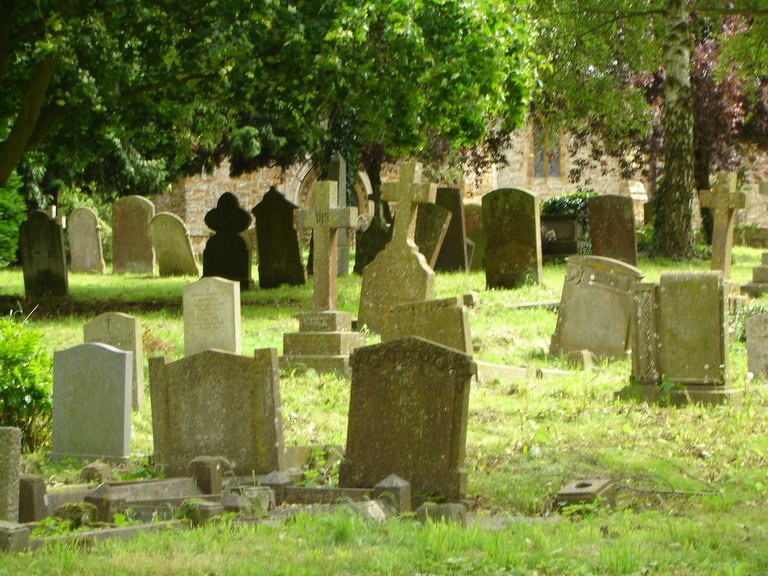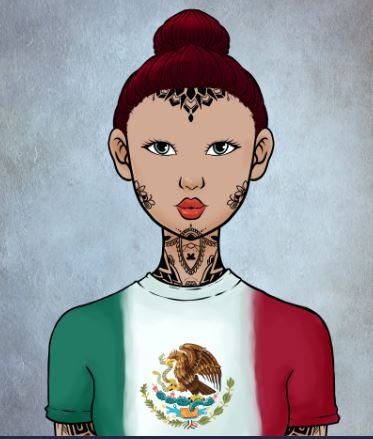
A few weeks back I posted an article (Return of the Levellers) sharing some of my thoughts on the possibilities that DAOs bring to the table for new ways of doing things. In particular, I drew attention to the fact there is no single model all DAOs have to adhere to; they can be set up to operate in any way their members like. However, my own recent experience with two particular and, in some ways, very different DAOs has given me more food for thought, which I share in today’s post.
Previously, I mentioned some of the various different ways in which any DAO can be set up to operate, including options for voting. I also provided some examples of the different purposes for which DAOs have been set up, such as money making ventures, collectors clubs etc. I also noted how new this all is (just like everything else in blockchain land) and how much potential there is that has yet to be explored. Overall, I took a very upbeat view of the possibilities DAOs present us with.
However, purely by coincidence, I have had some direct experience recently with two DAOs that has added more colour to this picture and added to my owning thinking on the subject. Some of it has been positive and some of it less so. The two DAOs in question are Wonderland and Clandestina.
Case One - Wonderland

Wonderland is DEFI focused, equipped with a huge treasury and looking to create a reserve currency for all to use. It is part of the wider Frog Nation movement, which includes Abracadabra, Popsicle and, more recently, Sushiswap. In recent weeks Wonderland has been navigating its way through some very choppy waters and there are two aspects of this I want to look at here.
Size Matters
Wonderland is huge, not only in terms of its treasury but also its six figure membership and having so many fingers in the pie seems to have brought both benefits and drawbacks. Not the least of the drawbacks (or perhaps a better way of putting that is to say challenges)is that it can make reaching a consensus a real challenge. As I’ve found out myself recently, simply getting through the number of posts in the forum can often be overwhelming, even for just one motion. Apart from anything else, this risks some extremely valuable comments and great ideas getting missed, lost in the endless ocean.
One Vote per Member
There is quite the push across the DAO landscape for a move away from the traditional world of one vote per token to one vote per member (or wallet), part of the drive to move on from traditional finance to a more equal world. This might not matter so much in a settled environment where everyone is in sync but where Wonderland is concerned this is an issue that has taken on huge significance and looks like it will continue to do so for some time to come.
A look at the voting figures for one of the several proposals to wind up Wonderland shows a quite startling disparity between the percentage of votes in support of yes and no, on the one hand, and the number of people supporting each side, on the other. In this case approximately sixteen thousand members voted No, whilst around three thousand voted Yes. But when you compare that in terms of voting percentages you find 55% for No and 45% for Yes, which is much closer. This, you won’t be surprised to hear, is down to the activities of a small number of whales.
The question here is whether or not this is really a healthy position for a DAO to be in, with such an overwhelming majority of its members in support of one outcome whilst the eventual outcome of a vote is as close as it was. This is certainly something that has created a lot of, often heated, debate online and has the potential to substantially undermine the whole transition to a DO based world, at least in its current nascent form.
By way of completeness, I will add that the biggest worry expressed by most people in the Wonderland forum is that a small number of parties are seeking to game the situation by buying large amounts of MEMO at less than asset value, then using their newly obtained votes to push through a winding up motion so they can get refunded at asset value, whilst leaving other, longer-term holders out of pocket.
It’s Not All Bad
However, in spite of the problems that size has brought to Wonderland it has been notable how the community has been able to pull itself together and react as a group in order to fend off the gamers seeking a quick wind up of the DAO (so far). This sense of community spirit saw the votes in favour of wind up, at one point over 80%, swing to less than 50% by the time the vote was over. Surely an immensely impressive example of the way in which DAOs, even at huge scale, can work together effectively.
This isn’t to say that everything in Wonderland’s garden is rosy because it most definitely is not, but it has been an interesting learning experience seeing how these stresses and strains have played out thus far and I wait in fascinated anticipation to see what comes next.
Case Two - Clandestina

In some ways it is hardly fair of me to be writing anything at all about Clandestina. It’s so new it hasn’t yet quite fully launched, but my experience here has been an interesting contrast to Wonderland and its timing was spot on for this post.
Who Said Size Matters?
The biggest single difference that jumps right out at you when comparing Clandestina to Wonderland is their respective sizes. The latter has around 420 members, with membership coming with ownership of one of the DAO’s NFTs. Quite different to the behemoth that is Wonderland.
Already this smaller size has made discussions on Discord so much more straightforward and practical than with Wonderland. People can actually engage in a conversation rather than posting once then seeing their comment buried under a welter of other comments on different issues.
So far this small size has also contributed to the development of a very friendly and cohesive atmosphere. There is already a real sense that we are all in this together. There’s a great buzz about the place.
It’s true to say that the small size of the DAO might present a problem in that, with fewer folks involved, it might be harder to find people with the right skills for specific jobs that needing taking on, but so far that hasn’t been an issue as the group has contained all that has been asked for. Whether or not this continues going forward, of course, only time will tell.
Flexible Purpose
Clandestina currently has quite a flexible and relaxed view of what it should do, beyond a general desire to support the Secret Network ecosystem and the development of other, similar, DAOs, whilst making a little money for its members. This broader and more flexible approach could become an issue in future, especially if strongly held and clashing opinions come to the fore, but only time will tell if that’s so.
Voting Structure
With membership being based on ownership of a DAO NFT it does mean that, at present, any individual could increase their voting power by purchasing more than one NFT. This has, in fact, already happened as some people are so delighted with the NFTs they have happily snapped up two or more. However, this has in turn already kicked off some discussions about limiting people to one vote, irrespective of how many NFTs they hold. I think it is a good thing this has been brought to the fore so soon in the life of the DAO as it means there is a chance to address it before it becomes an issue.
A Bright Future?
So, what does this all mean for the future of DAOs? Well, it might mean nothing at all. Who is to say that my recent experiences with these two very contrasting DAOs will turn out to be in any way typical of what happens with DAOs in general. I note, for example, that in the few short weeks since DAO.DAO launched it has been used to created several hundred DAO! That is remarkable and speaks volumes for the appetite that’s out there for this type of organisation. I also go back to where I started with this post and repeat that DAOs are new, along with everything else blockchain related, so we have thus far seen only the tip of the proverbial iceberg. Experience, lessons learned and people’s creativity will continue to see them adapt and shape-shift.
However, I do think my recent experiences have highlighted both some of the challenges and short-comings as well as some of the strengths and benefits that DAOs possess. The issue of size is one I will continue to observe, in particular, as is the approach to voting and the extent to which one-member-one-vote impacts on both the operation of DAOs and their long-term viability.
What have your own experiences been with DAOs? If you are a member of one or more do you take an active part? What do you see as their strengths and weaknesses? Let’s keep the conversation going so we can all learn and help steer this ship in the right direction.
Until next time…
Renaissance Man
Earnathon – get paid to learn about crypto
The Usual Disclaimer
Please don’t take any of the above as financial or investment advice. It is intended to be nothing other than a little entertainment and information sharing. Always, but always, do your own research before committing your money to anything.
Congratulations @renaessanceman! You have completed the following achievement on the Hive blockchain and have been rewarded with new badge(s):
Your next target is to reach 100 upvotes.
You can view your badges on your board and compare yourself to others in the Ranking
If you no longer want to receive notifications, reply to this comment with the word
STOPTo support your work, I also upvoted your post!
Check out the last post from @hivebuzz:
Support the HiveBuzz project. Vote for our proposal!